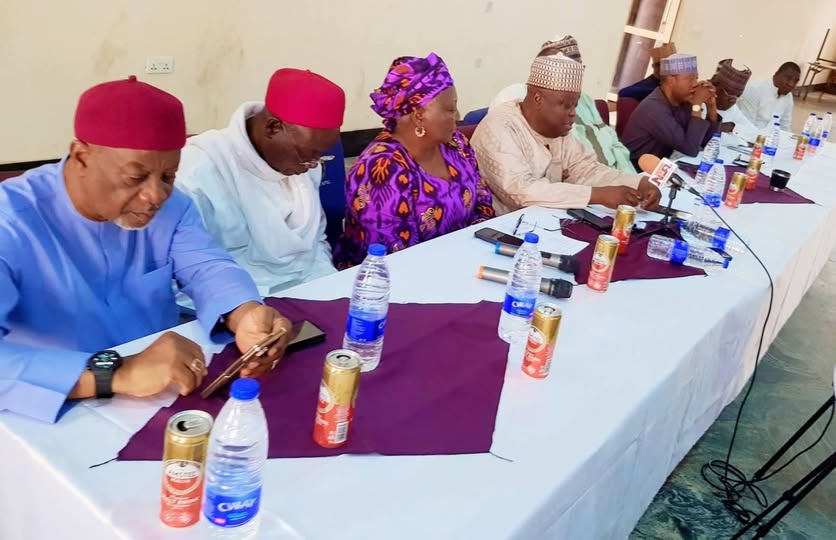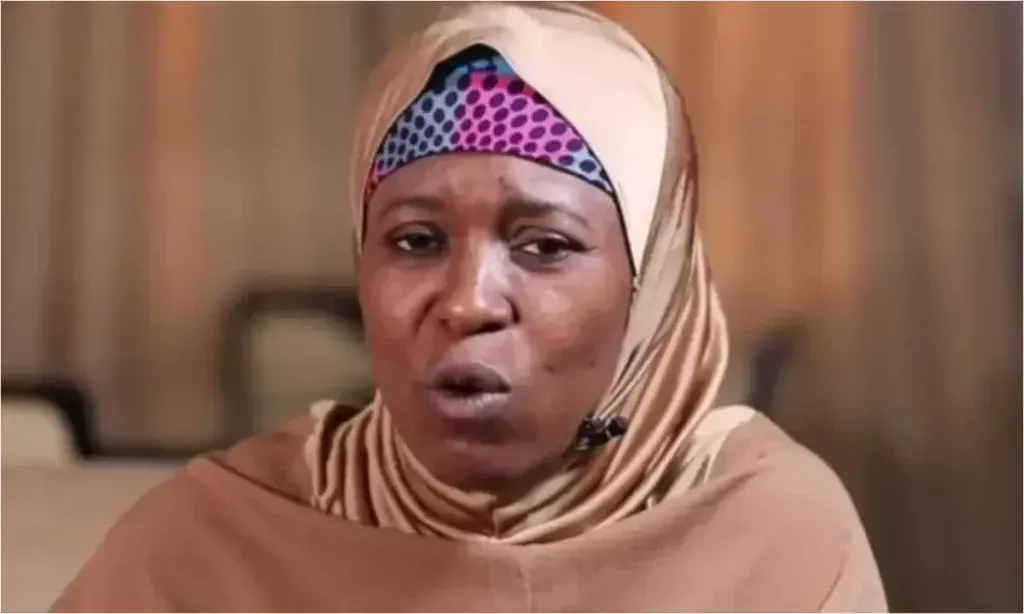The small town of Obollo-Afor, nestled in the heart of Udenu Local Government Area in Enugu State, holds a hidden gem beyond its agricultural produce. Amidst the banana, avocado pears, cashew nuts, and original honey, lies a bustling industry of basket weaving. These baskets serve as essential packaging for transporting tomatoes, pepper, okra, and various other vegetables from northern Nigeria to the southern states, with Obollo-Afor emerging as a pivotal production hub.
What makes this phenomenon truly remarkable is that both school children and adults are involved in this thriving trade, utilizing it not only as a means of livelihood but also as a path to financial independence. What started as a way for students to earn pocket money has now evolved into a full-fledged business, redefining traditional notions of childhood entrepreneurship.
A closer look reveals the intricate process behind this age-old craft. The sheer scale of production prompts the question of how these young artisans manage to balance their academic pursuits with the demands of basket weaving, shedding light on their resilience and determination.
As 18-year-old Chukwuebuka Obetta, a recent secondary school graduate awaiting university admission, reflects on his journey, it becomes evident that basket weaving offers a unique opportunity for financial empowerment. Recounting his initiation into the craft at the tender age of 12, Chukwuebuka highlights the rigorous training he underwent under the guidance of experienced weavers. His narrative underscores the blend of tradition and modernity, as he adeptly juggles weaving with academic responsibilities, seizing every available moment to hone his skills.
The ebb and flow of demand also dictate the rhythm of their work, with scarcity driving prices higher during school terms, only to plummet during holidays as production peaks. Beyond the artistry, these young artisans navigate the logistical challenges of sourcing raw materials, often venturing into the landscape to harvest palm fronds, a laborious task that underscores their dedication and resourcefulness.
Bearing witness to their unwavering commitment, it becomes evident that basket weaving is not merely a vocation but a way of life, deeply intertwined with the fabric of their community. Their stories paint a vivid picture of resilience, as they strive to carve a path towards prosperity, defying the limitations imposed by circumstance, and forging a future imbued with hope.
For 15-year-old Sunday Ugwu, still in junior secondary school, the allure of basket weaving emanated from observing his peers. His journey mirrors that of many young weavers, driven by a potent blend of curiosity and necessity. Despite the demands of his academic schedule, Sunday’s dedication to the craft exemplifies the spirit of perseverance that defines these young talents.
Amidst these aspiring artisans, 25-year-old Ogbu Christian’s story adds a poignant dimension to the narrative. A testament to the transformative power of basket weaving, it becomes clear that this trade not only sustains livelihoods but also serves as a lifeline for those like Ogbu, who seek to surmount the barriers posed by limited educational opportunities.
As the sun sets on the woven landscapes of Obollo-Afor, the legacy of tradition and innovation interweave to shape the future of these artisans, echoing the resilience, determination, and entrepreneurial spirit that define their craft. Amidst the rhythmic rustle of palm fronds and the deft weaving of baskets, a timeless tale of enterprise unfolds, painting a vibrant tableau of hope and ingenuity. It is here, amidst the embrace of tradition, that the art and business of basket weaving flourish, illuminating the path to a brighter future.
Unlocking the Economic and Social Tapestry of Basket Making in Obollo-Afor
Basket making in Obollo-Afor, Nigeria, is not merely a traditional craft but a cornerstone of the local economy, deeply intertwined with the aspirations and struggles of its people. Chukwuebuka, a dedicated weaver, starkly portrays the laborious but determined spirit of the community. His narrative, resonating with unwavering perseverance, paints a vivid picture of the toil and trade entwined with hope and ambition.
The tale unfolds with Chukwuebuka’s arduous attempts at palm tree climbing, a skill crucial for sourcing raw materials. The hardships encountered in this pursuit are emblematic of the artisan’s relentless resolve. His decision to engage skilled climbers reflects the pragmatic approach adopted by the weavers, unyielding in their quest for materializing their craft. The commitment to craftsmanship is palpable in Chukwuebuka’s revelation of producing 25 baskets a week, underscoring the industry’s bedrock in the community.
Francis Anaedozie, chairman of the Basket Dealers’ Association, illuminates the intricate web of commerce that extends from the local production centers to the far reaches of Nigeria. The logistics of sourcing, transporting, and marketing the baskets unfold, unveiling a network that spans the northern and southern regions of the country. Anaedozie’s account provides a profound insight into the supply chain dynamics, offering a glimpse of the economic arteries that nourish the nation’s agricultural trade.
Amid the economic sustenance woven into the fabric of basket making, the darker shades of its prominence come to light. The testimonies of concerned parents, such as Mr. Francis Eze, echo the unsettling impact of the trade on the youth. Their apprehensions unfurl a disquieting reality of parental dilemmas, tugging at the delicate balance between financial sustenance and the aspirations for academic pursuits. The tales of forsaken educational opportunities underscore the complex socio-economic tapestry within which basket making thrives.
Drawing back the thick curtain, a glimmer of wisdom emerges from the weaver, Chukwuebuka. His poignant counsel to the youth, juxtaposing the toil of honest labor against the allure of illicit activities, echoes a timeless virtue. It stitches together the socio-economic intricacies, infusing them with a profound moral lesson, resonating across cultures and borders.
Delving into the societal commentary, Uchenna Godwin, a civil servant, unveils a multilayered narrative, depicting basket making as an ancestral economic rite of passage. His evocative portrayal captures the metamorphosis of humble beginnings into entrepreneurial odysseys, symbolizing the aspirations and grit of a people striving for a better tomorrow. The resilience of the displaced finding solace and sustenance in this timeless craft stands as a testament to its enduring significance.
As the timeless rhythms of tradition harmonize with the cadence of commerce, an underlying plea for environmental stewardship emerges. Uchenna Godwin’s call for governmental support and environmental preservation strikes a poignant chord, underlining the fragility of the ecosystem within which this ancient craft thrives. It serves as a poignant exhortation, reminding us of the delicate balance between tradition and ecological responsibility.
In Obollo-Afor, the art of basket making transcends the mundane to become a mirror reflecting the timeless human spirit. It blends toil and perseverance with economic sustenance, weaves aspirations with societal dilemmas, and echoes the silent plea for environmental mindfulness. The threads of this narrative, rich with tradition and enterprise, resonate globally, underscoring the universal human quest for sustenance, growth, and heritage.



